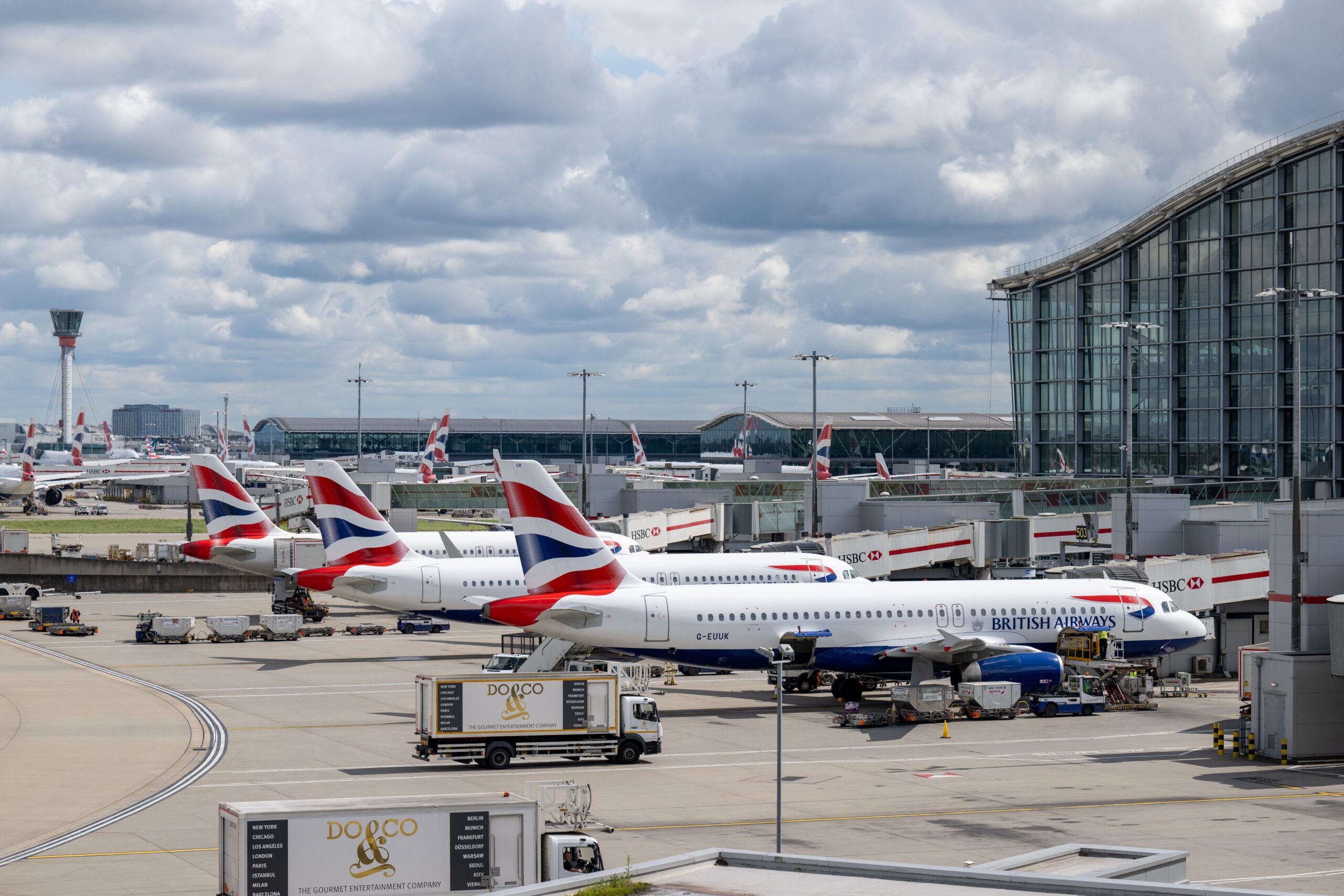A technical issue with Britain’s air traffic control service led to widespread flight cancellations and delays on one of the country’s busiest travel days. Over 200 departing flights from Britain were canceled, along with 271 incoming flights, while numerous other flights experienced delays exceeding eight hours, which often resulted in eventual cancellations. The National Air Traffic Service (NATS) attributed the problem to difficulties in automatically processing flight plans, requiring manual input that slowed down operations. Although British airspace remained open, NATS limited departures and landings for safety reasons while working to resolve the issue, impacting travelers returning from summer vacations on a national holiday.
Thousands of passengers were stranded in airports and on runways, grappling with prolonged delays and uncertainty regarding their departure times. The disruption occurred during a peak travel period as people returned from vacations and weekend getaways on a “bank holiday.” Despite NATS declaring the technical issue resolved, flights continued to be affected, prompting the government minister responsible for transport policy to advise travelers to be aware of their rights in case of delays or cancellations. The timing of the disruption, near the end of August, a traditionally busy travel period, exacerbated the situation, leading analysts to predict ongoing flight disruptions for several days.
While the disruption’s impact on U.S. airlines was expected to be minimal, it significantly affected European flights. This incident recalls a similar disruption in December 2014 when NATS’s air traffic control center experienced technical problems, causing widespread flight delays and cancellations.
(Source: Amanda Holpuch | Emma Bubola | Niraj Chokshi | New York Times)









